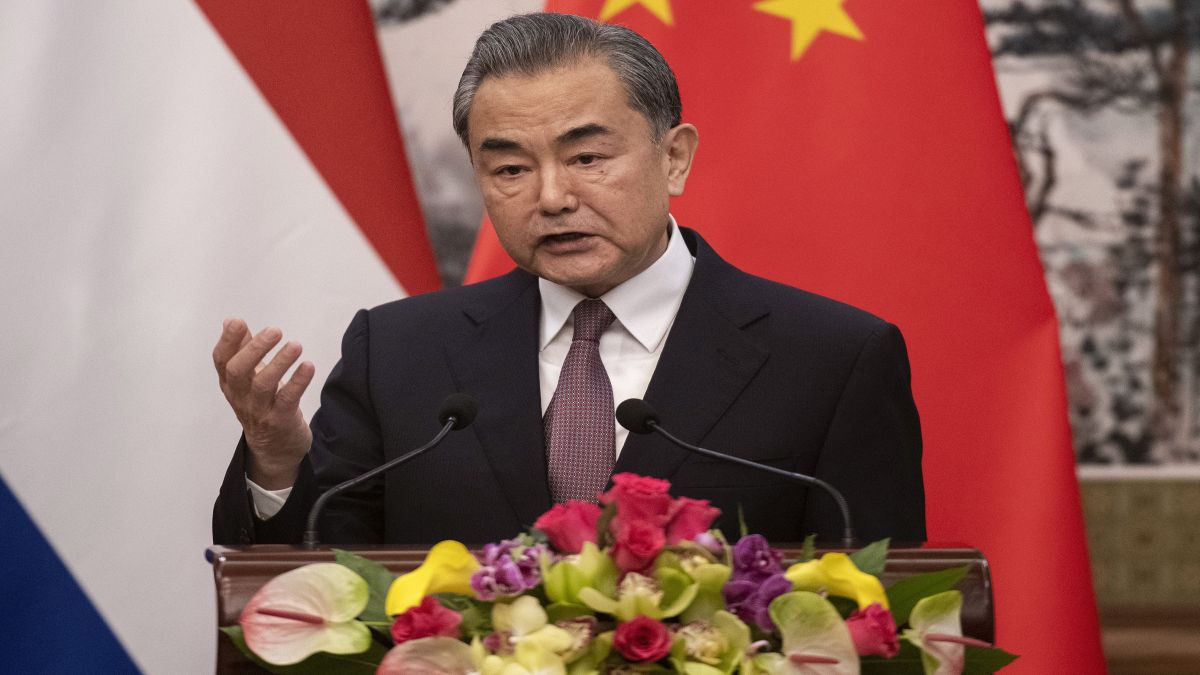China will be joining France and Britain in the list of nations
signalling the end for sale of petrol and diesel cars. The industry ministry in China is developing a timetable to stop production and sale of traditional fuel cars. Additionally, the ministry aims to promote the development of electric technology, a Cabinet official told The Independent. No target date has been finalised for the complete transition from fossil-fueled vehicles to greener options, but Beijing is strongly urging carmakers to accelerate development of electric cars. The move can be seen as an attempt to
combat the worsening air quality in Beijing. In other instances, to curb deteriorating air quality, a deadline was set to end consumption of fossil-fuels by vehicles. According to Live Mint, the Chinese government will set a deadline to end sales of vehicles powered by fossil-fuel. “Xin Guobin, the vice minister of industry and information technology, said the government is working with other regulators on a timetable to end production and sales. The move will have a profound impact on the environment and growth of China’s auto industry, Xin said at an auto forum in Tianjin,” as reported by Live Mint. [caption id=“attachment_612756” align=“alignleft” width=“380”] Representational image. Reuters[/caption] The article further mentioned that an electric car will be launched by Honda Motor company in 2018. Honda is working with Chinese joint ventures of Guangqi Honda Automobile Company and Dongfeng Honda Automobile Company to develop an electric model. Honda will be creating a new brand with the two companies, China’s chief operating officer Yasuhide Mizuno said at an auto forum. By setting a deadline to end sales of fossil-fuel-powered vehicles, China became the largest market to “accelerate the push into the electric car domain led by companies including BYD Company and BAIC Motor Corp,” Bloomberg Technology reported. China has promised to cap its carbon emissions by 2030 and reduce air pollution, as per the report. In February 2017,
Beijing banned high-emission vehicles to battle the problem of smog. Concerned about the damage done to the environment by persistent smog, the municipal government promised to take “extraordinary” measures in 2017 to curb emissions from coal consumption and cars. Chinese government officials have stated that research in relevant fields has begun, and measures are taken to promote the auto industry. Xin Guobin, vice minister of industry and information technology, told a forum in the northern city of Tianjin that his ministry has started “relevant research.” “These measures will promote profound changes in the environment and give momentum to China’s auto industry development,” Xin told AFP . In signaling the ban on sales of petrol and diesel cars, China might seem to be headed in the right direction, since, as per The Telegraph, “motorists in China are also already the biggest buyers of cars powered by electric and hybrid systems.” “In the first seven months of this year, 204,000 electric vehicles were sold in China and Ford has predicted that demand for electric vehicles in the country will reach 6 million a year by 2025,” as stated in the report.
France decided to end sales of petrol and diesel vehicles by 2040. The decision was made keeping in mind targets for the Paris climate accord. “We are announcing an end to the sale of petrol and diesel cars by 2040,” ecology minister Nicolas Hulot said, calling it a “veritable revolution”. Following France, Britain also said it would ban the sale of new petrol and diesel cars from 2040, according to Reuters . With inputs from agencies
China will be joining France and Britain in signalling the end for sale of petrol and diesel cars
Advertisement
End of Article


)

)
)
)
)
)
)
)
)



